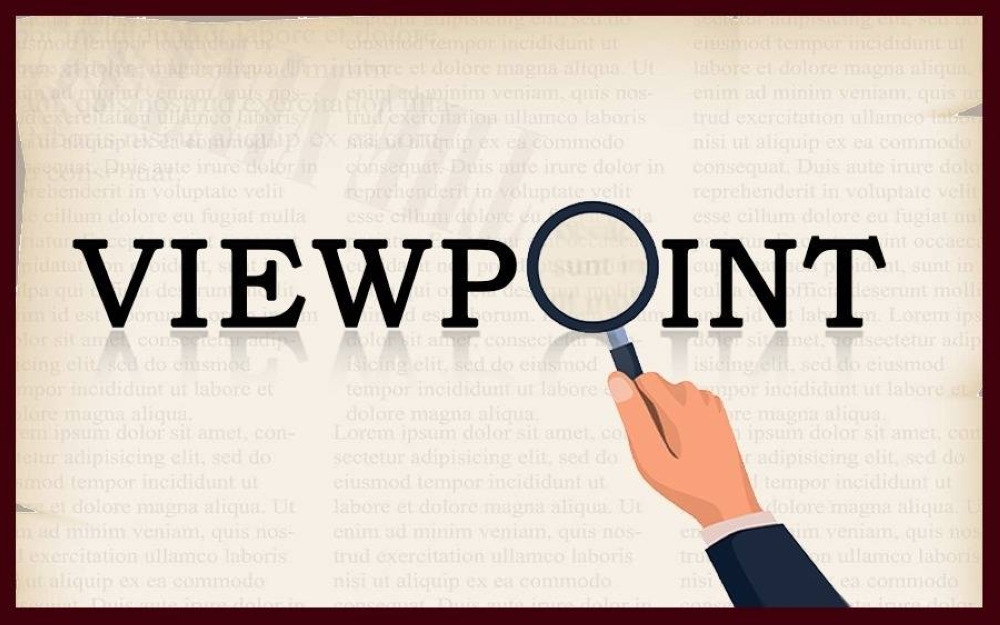No one doubts that US President-elect Donald Trump’s administration will show little regard for multilateralism. Even more globally oriented appointees like Secretary of the Treasury-designate Scott Bessent believe that the purpose of engaging with international institutions is to “win”. America should engage, but only so that its own interests do not suffer.
The typical American critique of multilateralism assumes that the existing order is fundamentally broken, and that a shock to international institutions is needed to remove threats to US interests or challenges to the American point of view. But what will come after the shock? There will need to be new ordering principles, and they will not come from simply demanding that everyone side with the US.
Admittedly, the diagnosis is not completely mistaken. The feebleness of recent multilateral efforts reflects a deeper intellectual and political fragmentation. While the International Monetary Fund was holding its annual Fall meeting in October 2024, the Brics (Brazil, Russia, India, China, South Africa, and four new members) convened 36 national leaders in Kazan, Russia, where the discussion centred around replacing the dollar-based international monetary order.
Around the same time, the Conference of the Parties to the Convention on Biological Diversity was meeting in Cali, Colombia, and it was soon followed by a counterproductive climate summit in Baku, Azerbaijan, and then a futile G20 summit in Rio de Janeiro. If multilateralism was functioning well, these negotiations would all be joined up.
The pushback against the international order is not new, though. In the US, incoming Republican administrations in the early 1970s, early 1980s, and early 2000s all voiced contempt for multilateralism, demanding that America’s freeloading allies pay more for the security umbrella that it provides.
Richard Nixon and his treasury secretary, John Connally, did not hide their disdain for international institutions, arguing that only dramatically disruptive unilateral action could change things. Their shock therapy began spectacularly in August 1971, when Nixon ended the dollar’s convertibility into gold and imposed a general levy on imports. Other countries were left to deal with a world in which their exports had become more expensive.
Similarly, in the early 1980s, Ronald Reagan’s advisers were openly suspicious of the IMF; and many within George W Bush’s orbit in the early 2000s argued that the recent financial crisis in East Asia had discredited the Fund, and that private capital flows could meet all development financing needs anyway.
In each case, however, a severe financial crisis eventually forced a reconsideration. In the 1970s, the depreciating dollar led oil producers to push up prices, and many oil-importing developing countries had to be rescued by a newly created IMF Oil Facility. In 1982, a soaring dollar and higher US interest rates produced a general debt crisis, leading the IMF to reconfigure itself to meet the demands of the moment. By 1983, Reagan was referring to the Fund as the linchpin of the international financial system.
Finally, the 2008 global financial crisis began in the final years of the Bush presidency. Soon enough, governments had come together at the G20 and in other global bodies to contain the fallout and set new rules of the road.
Recent history aside, there is a more fundamental reason why multilateralism will remain essential. In a world that seems to be segmenting into rival blocs, most countries are rightly focused on protecting their own interests. And since those interests do not neatly align with those of America, China, or any other aspiring global power, governments want to maintain contact with every party in the looming conflict.
A similar dynamic lay behind the Cold War-era Non-Aligned Movement, which brought together countries that refused to choose between America and the Soviet Union. Likewise, Asean developed out of a concern that Indonesia should not have to take sides; rather, it could assert itself by forging stronger ties with its neighbours. The European Community, which evolved into the European Union, also emerged because Europeans, though aligned with the US, did not want to be an extension of it. By 2008, in the middle of a new financial crisis, Asean wanted to move in the direction of becoming an EU-style community.
Everywhere you look nowadays, the message is the same: We don’t want to choose sides, and we shouldn’t be forced to do so. British Prime Minister Keir Starmer rightly argues that it would be “plain wrong” for the United Kingdom to pick between Europe and the US. In response, Trump’s adviser Stephen Moore suggests that Britons must choose European socialism or American-style free markets. But with every government now pursuing some sort of industrial policy, this juxtaposition is a chimera.
If a country as powerful as the US in 1945 still needed to win friends and influence people, today’s America certainly must do so. Shock therapy for multilateralism will bring disruption; but after that, it must bring more international co-operation, because there is no alternative. – Project Syndicate
Opinion
Shock therapy for multilateralism
Shock therapy for multilateralism will bring disruption; but after that, it must bring more international co-operation

